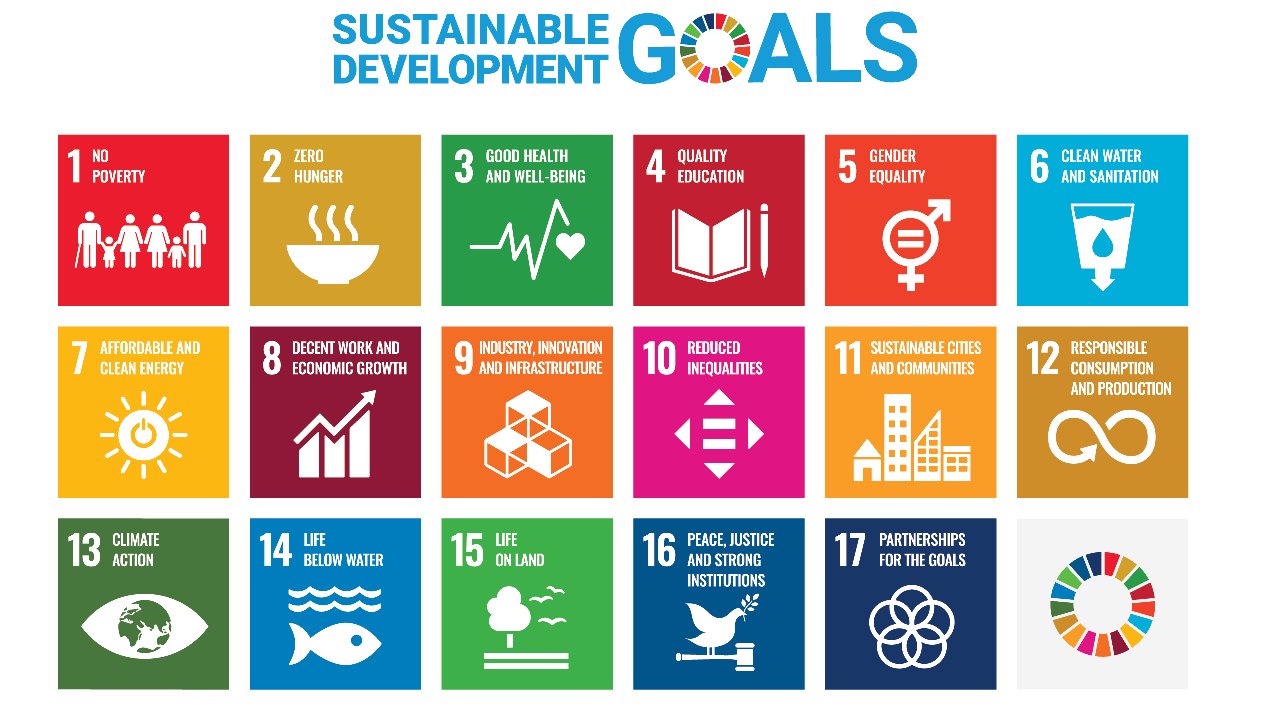Is your jewellery brand really responsible?
Ethical jewellery. Fair trade products. Responsible brands. Sustainable business. All sounds good, right?
Over the last few years there has been an explosion in the number of brands promoting themselves as all of these things.
Maybe your brand is one of them. Maybe you feel passionately about doing the right thing and have taken steps to do something positive in your business.
But are you truly creating a responsible business?
When thinking about impact or sustainability, most brands focus inwards – analysing the inner workings of their business model. Where do my materials come from? How are my pieces manufactured? What’s my carbon footprint?
These are great starting points (and ones we should all be tackling!), but they are just one piece of a much bigger puzzle.
Running a responsible business means going beyond just our main, day to day activities. It requires us to think about our values, our business as a whole, our wider impact on the world, and our sphere of influence.
A recent blog by sustainability consultancy V&V, talks about the UN’s Sustainable Development Goals and how they can help you build a more resilient business model. Whilst, at first glance, some of the goals can feel pretty daunting, they all provide a starting point to explore innovative ways of working, empowering, and giving.
Here are five of the Goals brought to life with examples from brands already embracing them. They aim to inspire you to develop a more outwardly focused strategy that will benefit your brand and the world around it. Ideas for all 17 of the Goals can be downloaded from the V&V website.
Goal 1 No Poverty
This Goal asks us all to think about how we can reduce poverty. Brands like Yala Jewellery and SOKO Kenya have chosen to work directly with the people in their supply chains to empower them to improve their livelihoods. According to Yala, one of the workshops they work with ‘enables its artisans to look after themselves and their families, as well as neighbours and friends who are dependent on them. In total, their work has a positive impact on over 300 households in the area’.
If you aren't able to work directly with producers, could you explore opportunities to work with NGOs that do? Both the Fairtrade certification scheme and the Fairmined standard for gold both aim to support people out of poverty.
Goal 5 - Gender Equality
One way you can support gender equality is to commit to the UN Women's Empowerment Principals. These are 7 actions that advance and empower women in the workplace, marketplace and community.
Jewellery brand, Swarovski, have brought them to life through their work with BSR’s (Business for Social Responsibility) HERproject. For example, one project trained women in their supply chain on health issues, and empowered them to share their knowledge with their peers.
You don’t have to employ hundreds of people to put equality on your brand’s agenda. Have a look at how Purpose Jewellery support women who have escaped human trafficking to ‘find hope, dignity and freedom for the future’.
Goal 8 - Decent Work and Economic Empowerment.
Here's some inspiration for Goal 8: Jewellery brand Little by Little's business model goes way beyond just making jewellery. The team have established a charitable partnership with Luminary Bakeries. Every piece of Little by Little jewellery sold provides a disadvantaged woman with a career-boosting day of training at the bakery to help build employment skills and experience.
Your brand's support for the goals doesn't have to directly link to fashion and jewellery to be beneficial to all involved. Could your brand partner with other local businesses or groups to improve someone’s access to work?
Goal 12 - Responsible Consumption & Production
Choosing more sustainable materials, such as certified recycled or artisanal metals, is obviously crucial for this goal. As is having a supplier code-of-conduct in place to ensure you are working with responsible manufacturers. But what about the rest of your business? Why not conduct a waste audit to see what you are wasting and why. Then find ways to reduce, reuse & recycle.
Ellie Air Jewellery has found ways to produce better and consume less across their business: ensuring packaging is plastic-free and fully recyclable, minimising the use of hazardous chemicals in their workshop, making the business paperless where possible, and running their studio on renewable energy. What small changes could you make? Often making changes like this can create efficiencies in the way your work, resulting in cost savings. Win-win.
Goal 14 – Life Below Water
Now this one sounds tricky, especially for a jewellery business! But if you are passionate about protecting our oceans you can find a way to make a difference.
Have a look at how jewellery brand Alex Monroe supports Goal 14, through their Ocean’s Collection in partnership with Friends of the Earth. This project raises money for a cause that the brand is passionate about and educates their customers on the issue of plastic waste in our oceans. It’s also a great PR story for the brand. Another win-win!
Focusing on just one of the goals does not make a sustainable business. Thinking carefully about what you believe and where you can have the most positive impact across the goals will help you to build a strategy that can lead to a truly sustainable way of working. Your starting point might still be to look at where your materials come from or how your pieces are made, but perhaps through the choices you make you can also contribute to reducing gender inequality, empowering others to find decent work, or even saving our oceans.
Victoria Waugh, October 2020

